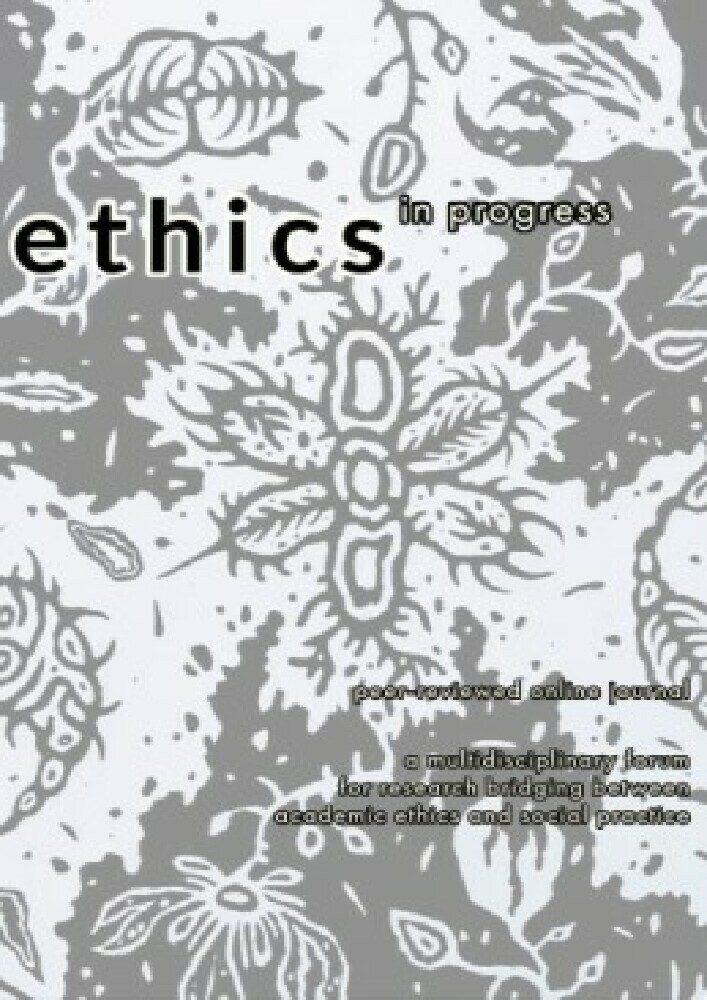Abstract
In the following article, I will explain Hegel’s definition of modernity from the point of view of his understanding of “Bildung,” since this is a fundamental and newly relevant theme of Hegel’s philosophy nowadays. “Bildung” can be transliterated as education, but may also be interpreted as a general formative or developmental process, or cultivation (culture, respectively). With the term “Bildung” Hegel also refers to the formative self-development of the mind, its coming to individual as well as collective flourishing. The objective spirit manifests itself in the culture of humans. However, education in the sense of “Bildung” does not take place primarily through the transmission of information, values, norms, etc. by the teacher, but through “experience” [Erfahrung], which signifies the conflicting process by which a spiritual being discovers its own identity or self, while at the same time striving for self-consciousness, which is in the process of self-discovery. Through education, the human mind develops its capacity for understanding, reflection and judgment, and thus overcomes its natural intellectual, spiritual, normative, aesthetic, etc., poverty.
References
Aristotle 1957. Politica, ed. by Sir W. D. Ross. Oxford: Oxford Classical Texts.
Braune A., Chotas J., Vieweg K., & Zander F. (Eds.) 2013. Freiheit und Bildung bei Hegel. Würzburg: Königshausen & Neumann.
Burnyeat M. 2012. “Did the Ancient Greeks Have the Concept of Human Rights?,” in idem,
Explorations in Ancient and Modern Philosophy, Vol. II. Cambridge: Cambridge University Press.
Bykova M. 2020. “Hegel’s Philosophy of Bildung,” in The Palgrave Hegel Handbook (pp. 425–449). New York –
London: Palgrave Macmillan.
Dewey J. 1938. Experience and Education. New York: The Free Press, Macmillan.
Fukuyama F. 1992. The End of History and the Last Man. New York: The Free Press, Macmillan.
Habermas J. 1985. Der philosophische Diskurs der Moderne. Zwöf Vorlesungen. Frankfurt am Main: Suhrkamp.
Hegel G. W. F. 1986. Werke in zwanzig Bänden. Theorie-Werkausgabe (abb. as TWA), ed. by E. Moldenhauer & K. M. Michel. Frankfurt am Main: Suhrkamp.
Heidegger M. 1967. “Hegel und die Griechen” (1958), in idem, Wegmarken, ed. by F.-W. von Herrmann. GA, Vol. IX. Frankfurt am Main: Vittorio Klostermann.
Heidegger M. 1998. Hegel and the Greeks. Pathmarks (1958). Cambridge: Pathmarks.
Jaeger W. 1944. Paideia – The Ideals of Greek Culture, Vol. III. Trans. G. Highet. New York – Oxford: Oxford University Press.
Lumsden S. 2021 “The Role of Bildung in Hegel’s Philosophy of History,” Intellectual History Review 31(3):445–462.
Plato 1994. Republic, trans. R. Waterfield. Oxford: Oxford World’s Classics.
Rawls J. 1989. Lectures on the History of Moral Philosophy. Harvard: Harvard University Press.
Somr M. 2013. “G.W.F Hegel – Education as a Moment of Historical Reality,” Studia Edukacyjne 24:289–301.
License
Copyright (c) 2022 Jure Zovko

This work is licensed under a Creative Commons Attribution-ShareAlike 4.0 International License.





